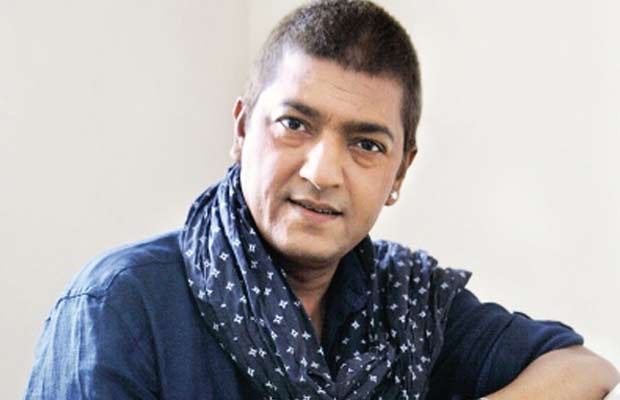For all its commercial heft and cinematic records, Ramesh Sippy’s Sholay did not win any awards except one for editing. Editor MS Shinde who gave an incredible finesse to the blockbuster with his taut sense of timing and understatement, was the only one in the film crew to have won a popular award. And yet by 2012, the man with 100 films to his credit, including hits like Seeta Aur Geeta, Shakti, Saagar, Brahmachari, Shaan and Chamatkar, had been forgotten. He died in a 160 square feet room in a Dharavi slum with hardly a penny to his name. After 35 years in the industry, he had no one to turn to in his final years. In an interview, he named the big stars of Sholay and said that they and everyone else in the industry worked for their own interests and it was futile to ask them for help.
AK Hangal, another member of the Sholay crew, died also in 2012 after struggling with a prolonged illness and financial issues. His son had to go the press when he was unable to pay the veteran actor’s medical bills. That Hangal had been a freedom fighter too was just another stroke of cruel irony in an industry where only the currency of success runs.
And stars get multi-crore cheques to endorse toothpastes and paan masalas but actors like Hangal and technicians like Shinde find no help even in dire straits.
When music director Aadesh Shrivastva passed away this week after his long battle with cancer, it was after seeing the best and the worst of the industry he had worked in for over 20 years. Days before he passed away, he received emotional support. The likes of Shah Rukh Khan, Aishwarya Rai Bachchan, Ramesh Taurani, Suchitra Krishnamoorthy, Poonam Dhillon, Anu Mallik, Jaspinder Narula and Abhijeet etc visited him but the fact remains that right from 2010, Aadesh had been struggling to pay his medical bills.
Two days before his death, his wife and former actor Vijeyta Pandit told a newspaper that her brothers Jatin and Lalit were helping out but that it was a terrible struggle to keep the treatment going. Aadesh himself in the early years of his treatment had given a damning interview about how the industry had turned its back during his illness.
It is a sad comment on our times that be it sports or the entertainment industry, we accept the deification and profiteering of a few while neglecting those whose achievements deserve both financial rewards and respect. The stories of medal winners working for daily wages, poets, musicians and actors struggling with penury in their twilight years and even widows of soldiers left high and dry without adequate compensation, are not uncommon. Aadesh’s story became a media embarrassment for a lot of stars who had associated with him and hence the face saving appearances when he was on his death bed or perhaps they genuinely did not know how much help he and his family had needed.
The fact remains, his is not the first or the last story of apathy in the film industry and when we buy into the next fantasy peddled by big stars and makers, we need to remember that the reality of Bollywood’s smaller players is not what is packaged and sold to us.
Reema Moudgil works for The New Indian Express, is the author of Perfect Eight, the editor of Chicken Soup for the Soul-Indian Women, a translator who recently interpreted Dominican poet Josefina Baez’s book Comrade Bliss Ain’t Playing in Hindi, an artist, a former Urdu RJ and a mother. She won an award for her writing/book from the Public Relations Council of India in association with Bangalore University, has written for a host of national and international magazines since 1994 on cinema, theatre, music, art, architecture and more, has exhibited her art in India and the US…and hopes to travel more and to grow more dimensions as a person. And to be restful, and alive in equal measure.







 with
with